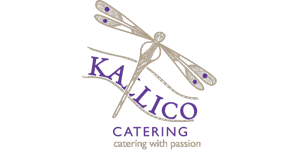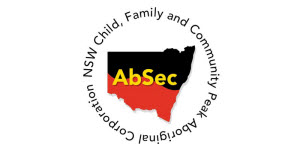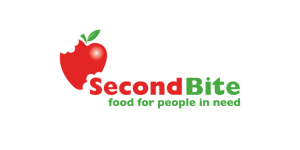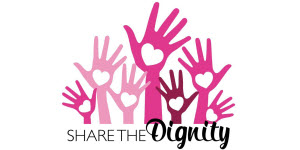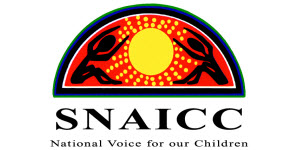Our Elders: Essential to our Community
The dynamic and intricate system of Aboriginal and Torres Strait Islander kinship is rarely understood by non-Indigenous ideas of family.
Our traditional culture’s strengths in family functioning and raising children, and our complex knowledge systems, are vital to the wellbeing of all of our communities – as are our Elders.
Australian Indigenous Elders: Traditional vs Contemporary roles
Australian Indigenous Elders: Traditional vs Contemporary roles
Contemporary society has brought a raft of challenges and pressures that highlight the importance of our Elders and the integral role they play in supporting our communities.
Understanding the contemporary role of our Elders, particularly in regards to unique community issues, is vital if we are to improve the wellbeing of our children, young people and the entire community.
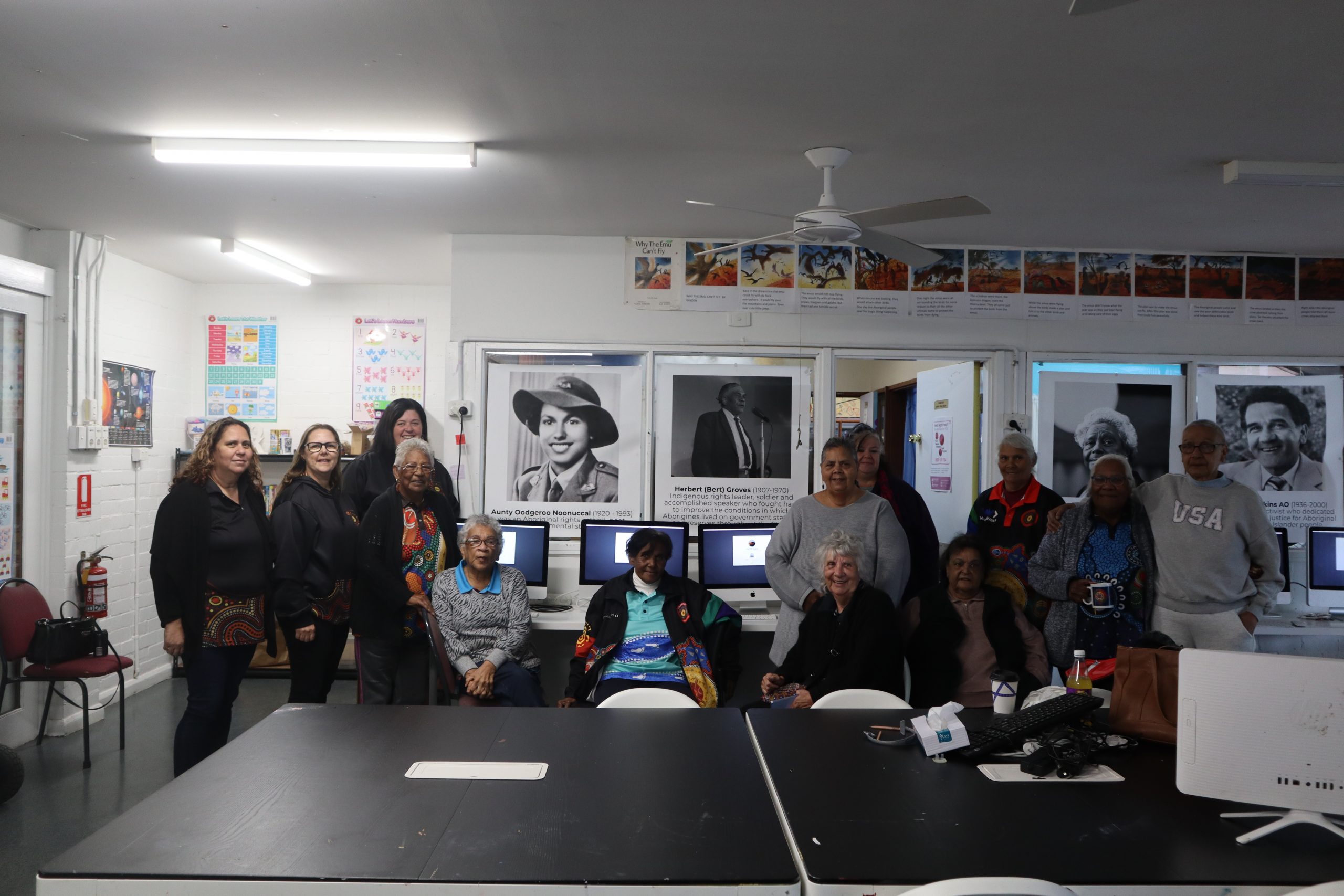
Each community has particular challenges and issues that are only properly understood from within. Elders within each community have a deep understanding of the history, systems and broader context that have lead to these situations, and it is vital that we strengthen their voices and engagement to benefit our communities.
While the roles of our Elders may have shifted from their traditional roles, we need to support their role in addressing issues that deeply affect our People – like the lasting effects of the Stolen Generation, the loss of traditional knowledge and the low life expectancy of Aboriginal and Torres Strait Islander Peoples.
The Stolen Generations
There is not a single Aboriginal and/or Torres Strait Islander community that has not been forever changed by the Stolen Generations.
The class action by Stolen Generation survivors in the Northern Territory is continuing, with the government putting in place a Redress Scheme, which offers a one-off $70,000 payment to survivors and the opportunity to tell their story and receive a personal apology from the Federal Government.
But this Redress Scheme fails to recognise the lasting impact the Stolen Generations has had, not just on survivors, but their descendants and the wider Aboriginal and Torres Strait Islander community.
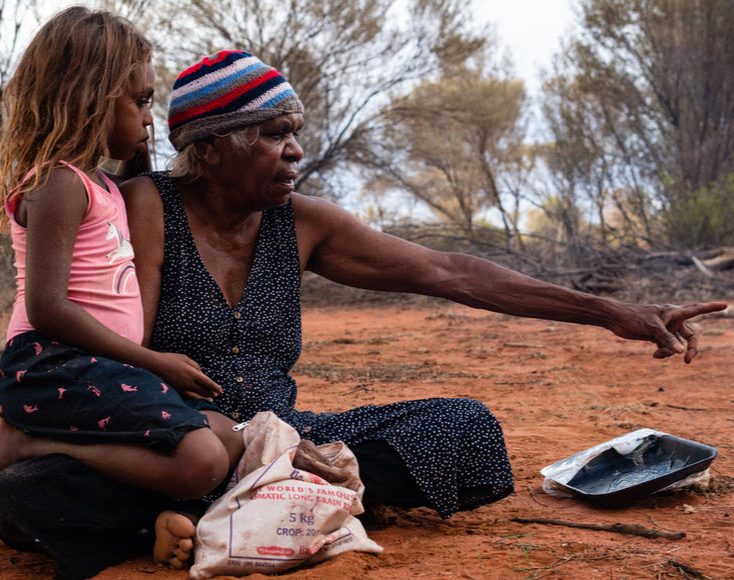
And the Stolen Generations is not just an issue from our past. The number of Aboriginal and Torres Strait Islander children and young people that are removed from their homes continues to rise, and the effect remains the same: a loss of identity, culture, community and the continued infliction of intergenerational trauma.
Elders: Essential to our Community
One of the most pivotal ways we can address the issue of intergenerational trauma is by promoting Eldership within our communities.
Centred around being involved and providing support to the community, teaching and passing down knowledge, being respectful and sharing experiences, Eldership is vital if our communities are to flourish.
The role of Elders is not simply to preserve cultural knowledge. They are integral in addressing issues that plague our communities – like health, education, unemployment and oppression.
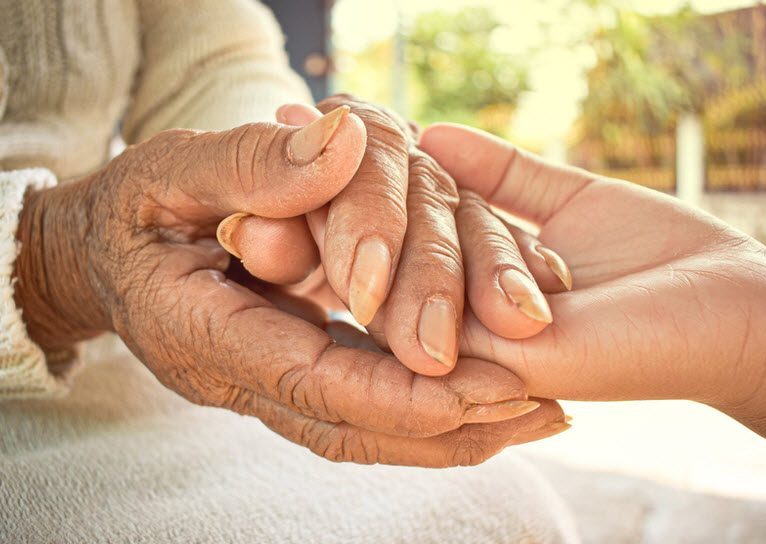
By supporting and empowering our Elders, we can help reduce the lasting impacts of these issues and ensure sacred spiritual knowledge continues to be passed down through generations.
The strengths of our cultural traditions, and the building of healthy families, are reliant on the knowledge and engagement of our Elders.
Narang Bir-rong
At Narang Bir-rong, we are committed to helping end this cycle of trauma by supporting children and families in the foster care system and helping them break the cycle of disadvantage with improved physical, social, emotional and educational wellbeing.
Family preservation is at the core of everything we do because we know that helping build strong, well-functioning families can empower both parents and children.
Our Aboriginal and Torres Strait Islander Foster Care Program is committed to placing children and young people in care situations that support their identity and self-esteem. We promote placements within kinship lines, with people who are culturally sound and who will promote cultural identity.
If you’d like to learn more about our Family Preservation Program, or our Aboriginal Foster Care Program, contact Narang Bir-rong.
Supported by




